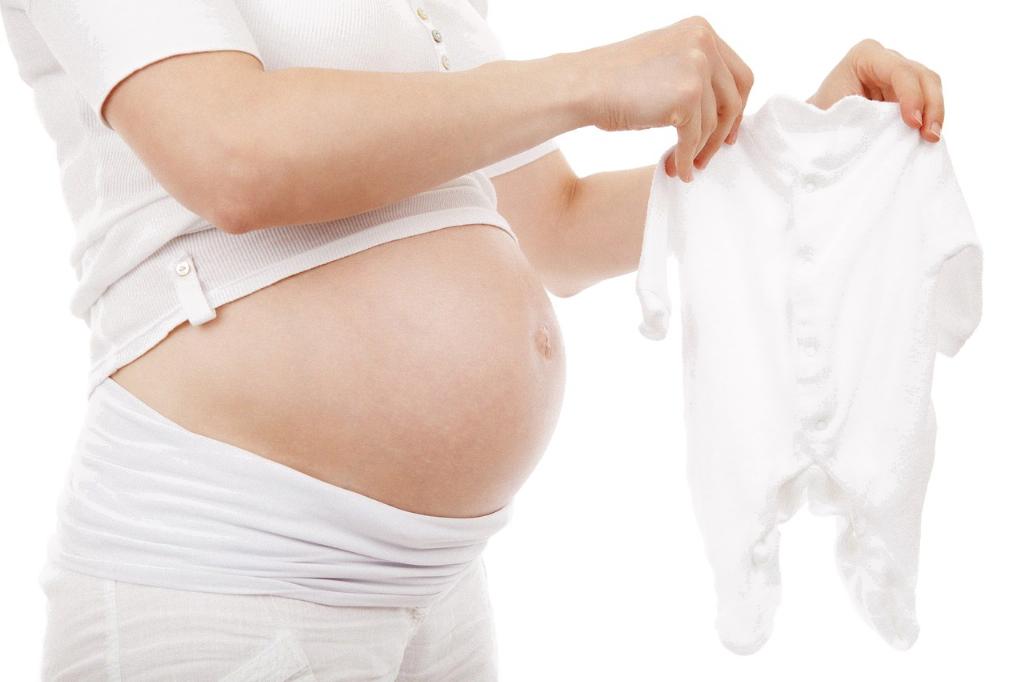When it comes to pregnancy, there is a myriad of changes that a woman’s body goes through. One question that often arises is whether early pregnancy can trigger allergic reactions. While the specific relationship between pregnancy and allergies is complex, it is important to note that it is indeed possible for a woman to develop allergies during pregnancy.
It is crucial to understand that the immune system undergoes significant shifts during pregnancy. These changes are essential for supporting the developing fetus and protecting the mother from infections. However, these alterations can also impact how the body responds to allergens, potentially leading to the onset of new allergies or exacerbating existing ones.
Interestingly, research suggests that women who already have allergies before conception may be more prone to experiencing allergic reactions during pregnancy. This is believed to be linked to the immune system’s heightened state of alertness during gestation, as it works tirelessly to safeguard both the mother and the growing baby.
Moreover, hormonal fluctuations play a crucial role in influencing immune responses during pregnancy. The surge in hormone levels, particularly estrogen and progesterone, can have varying effects on allergy symptoms. For some women, these hormonal changes may alleviate allergy symptoms, while for others, they could potentially trigger new allergic reactions.
Another factor that comes into play is the environmental changes that pregnant women may encounter. From dietary modifications to increased exposure to allergens in the surroundings, these environmental shifts can influence the likelihood of experiencing allergic reactions during early pregnancy.
It is essential for pregnant women who notice new or worsening allergy symptoms to consult with their healthcare provider. Proper evaluation and management of allergies during pregnancy are crucial to ensure the well-being of both the mother and the developing fetus.
Additionally, taking preventive measures to minimize exposure to known allergens can help reduce the risk of allergic reactions during pregnancy. Simple steps such as maintaining a clean living environment, avoiding potential triggers, and following a balanced diet can contribute to managing allergies effectively.
Furthermore, seeking guidance from a healthcare professional specializing in allergies and immunology can provide pregnant women with valuable insights and personalized recommendations for addressing allergic reactions. This proactive approach can significantly alleviate any concerns and ensure a healthy pregnancy.
Overall, while early pregnancy can potentially cause allergic reactions in some women, it is essential to approach the situation with awareness and proactive management. By understanding the complexities of the relationship between pregnancy and allergies, women can navigate this phase with confidence and prioritize their health and well-being.

